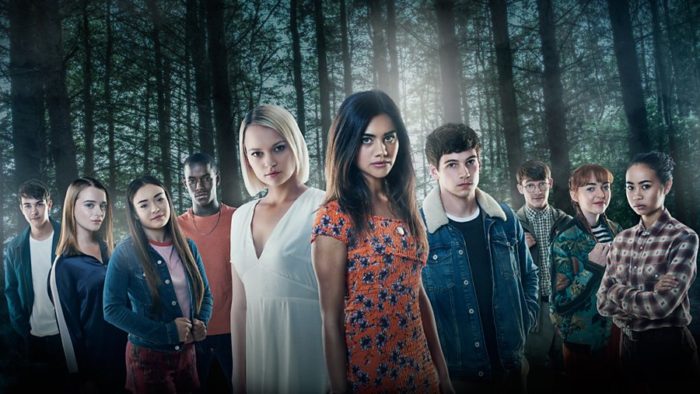BBC risks “lost generation” as younger viewers look elsewhere
David Farnor | On 26, Oct 2019
The BBC is risking losing a generation of viewers as younger audiences look elsewhere, Ofcom has warned.
The media regulator is required to publish a report every year on the Beeb’s performance. This year, the second to be produced, found that the BBC is “broadly delivering on its remit through its provision of a significant volume of news and current affairs, a wide range of learning and educational content, as well as high-quality, distinctive and creative content for all audiences”.
However, it also warned that the BBC is not immune to the shifting landscape that is currently affecting all broadcasters, with some younger audiences tuning out of its services to look for content elsewhere.
The BBC has acknowledged it is struggling to engage and retain younger audiences, and it is working to address this, from the extension of BBC iPlayer windows to the attempt to rebrand its audio offerings through BBC Sounds. It has also commissioned teen-oriented content for iPlayer, including dramas such as The A List (pictured), which, ironically, now streams on Netflix in the USA.
Ofcom, though, cautions that the BBC “must do much more to connect with today’s children and younger adults”, or it could lose a generation of potential licence-fee payers.
Last year, for the first time, less than half (49 per cent) of young people aged 16-24 tuned into BBC TV channels in an average week. People aged 16-34 spent an average of one hour and 12 minutes with the BBC every day – five minutes less than the previous year, and half as much time as audiences overall. After several years of stability, the proportion of children aged 4-6 who watch CBeebies each week fell, from 39 per cent to 34 per cent.
BBC iPlayer’s reach of 15-24 year olds fell from 28 per cent to 26 per cent, while Netflix saw its younger audience increase from 56 per cent to 66 per cent.
Younger audiences are also turning away from BBC news and current affairs, increasingly using social media and news ‘aggregator’ services – such as Apple News – where the BBC is just one of many sources. As more people rely on social media and aggregator platforms for news, the BBC’s online content needs to do more to stand out, said Ofcom, which calls on the Beeb to publish the steps it is taking to help all audiences – especially younger people – understand and engage with the world.
Sharon White, Ofcom Chief Executive, says: “The BBC is still a vital, valued part of British culture. But we’re concerned that a new generation is tuning out of its services. So the BBC must set out bolder plans to connect with younger viewers and listeners.
“We also want the BBC to broaden the appeal of its news, which some viewers and listeners feel isn’t relevant to their lives. And the BBC must find ways to be more distinctive online, where our research shows younger people are passing it by.”




















